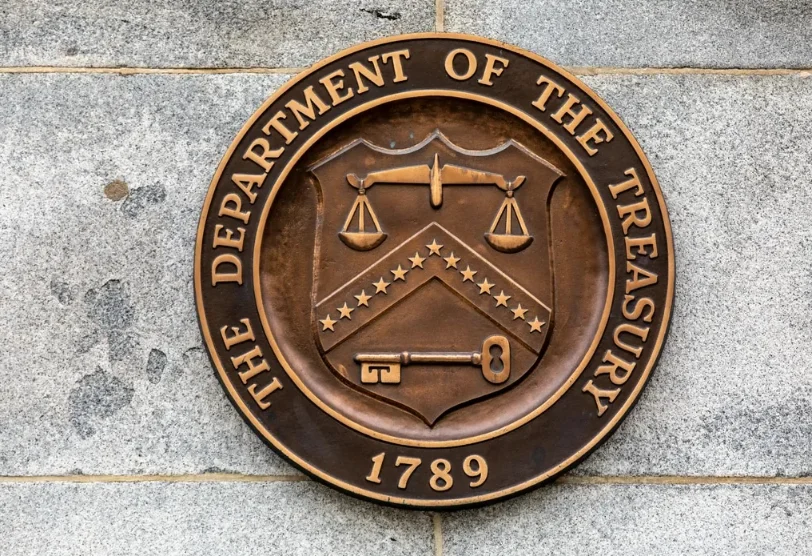Last month, Tornado Cash was added to the Treasury’s blacklist of banned items.

The Treasury Department said Tuesday that people who live in the United States and have money locked up in Tornado Cash can apply for a license to get their money back.
The U.S. Treasury Department’s sanctions watchdog, the Office of Foreign Asset Control (OFAC), updated its “Frequently Asked Questions” (FAQs) document on Tuesday to explain to the crypto industry how people and companies can stay in line with sanctions against Tornado Cash, an Ethereum privacy mixer that was blacklisted last month after hackers from North Korea were said to have used it to launder money.
The sanctions got a lot of pushback from the crypto industry, which was worried about things like whether software could be sanctioned and how people who used Tornado Cash for legal purposes could get their locked funds back. Even though Treasury didn’t address the software worries, the Frequently Asked Questions said that people who wanted to withdraw their money could ask OFAC for a license.
“U.S. citizens should be ready to give at least all relevant information about these transactions with Tornado Cash. This includes the wallet addresses for the sender and recipient, transaction hashes, the date and time of the transaction(s), and the amount(s) of virtual currency. OFAC would be open to such applications for licenses, as long as the transaction didn’t involve other actions that are against the rules “in the FAQs.
Last week, a group of people backed by the cryptocurrency exchange Coinbase sued the Treasury, partly because of the locked funds question.
After the sanctions were announced, people tried to prank celebrities by sending them small amounts of ether through Tornado Cash. This was done through Tornado Cash.
OFAC said that if a U.S. person gets a small amount of crypto funds without asking for it, they don’t have to report the transaction right away. This is because U.S. people “are prohibited from engaging in” any transaction that involves Tornado Cash.
In its first announcement of sanctions, OFAC said that Lazarus Group, a hacking group with ties to North Korea, had sent millions of dollars worth of cryptocurrency through Tornado Cash. It said that around 20% of the volume of the mixer was related to illegal activity.
A Treasury spokesperson said in an email, “North Korea has become more dependent on illegal activities, like cybercrime, to fund its programs to make weapons of mass destruction and ballistic missiles.”
“People from the U.S. must follow these rules. More generally, we ask the cryptocurrency industry to do what it can to stop illegal activity, whether it comes from a nation-state or not. This is what “responsible innovation” calls for “the person speaking up said. “This would involve making sure there are enough cybersecurity measures, putting in place “know your customer” measures, and following sanctions and anti-money laundering rules. Treasury hopes to keep talking with the virtual currency industry about these problems.”
